NF DC12V 110V/220V RV Combi Heater Diesel/LPG Combi Heater
Description
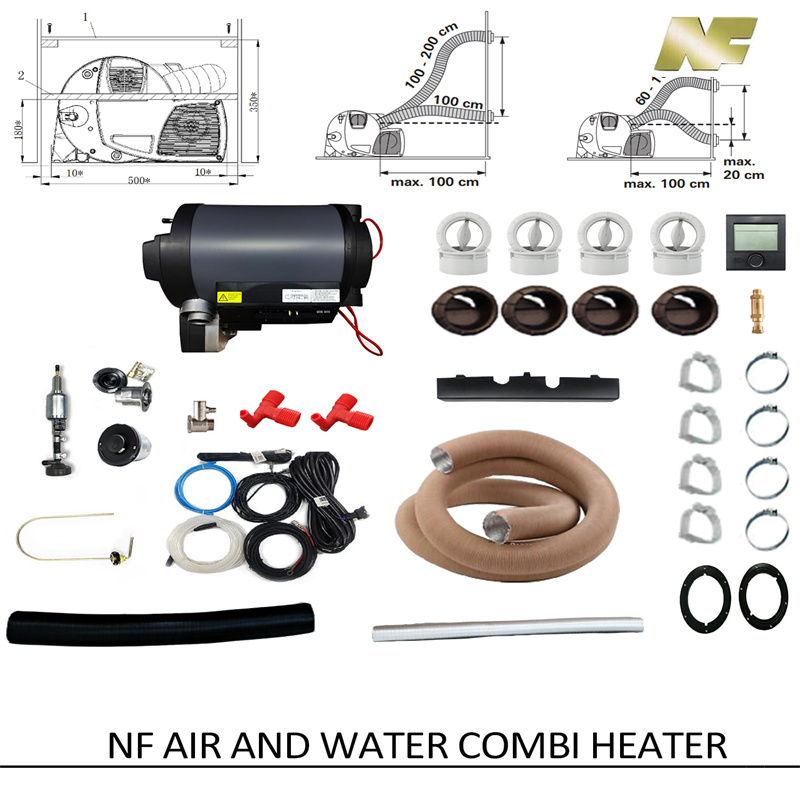
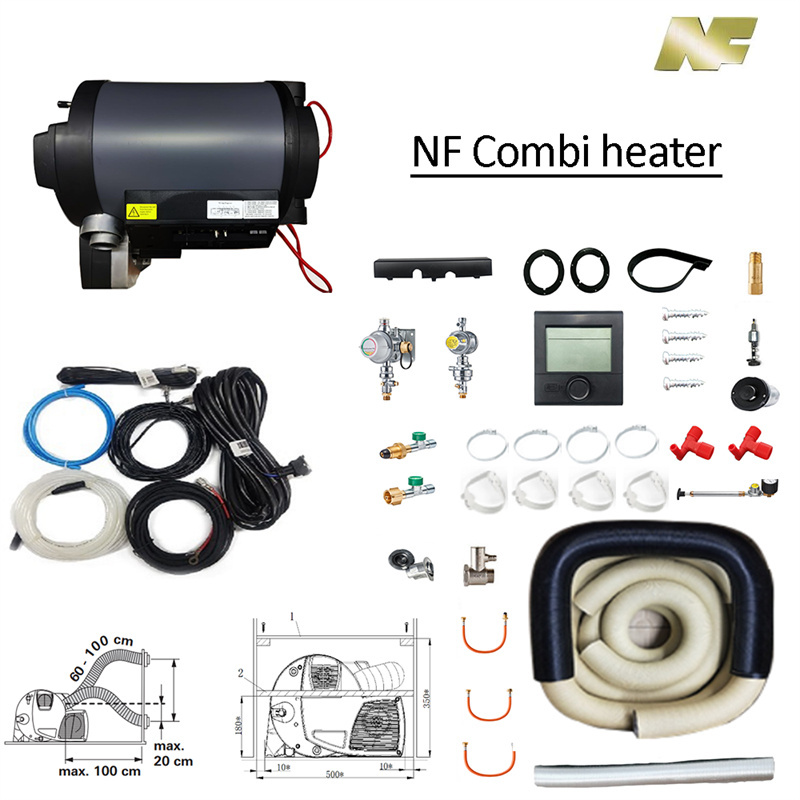
If you own a caravan or plan to travel in an RV, you're probably familiar with the importance of having a reliable heating system. The NF Diesel Combi Heater is an excellent choice for anyone in the market for a new heating unit.
Specifically designed for use in caravans and motorhomes, this heater is known to be efficient and powerful. Offering both heating and hot water functions and designed for ease of use, the NF combi heater is an excellent choice for anyone looking for a hassle-free heating solution.
One of the main advantages of the Diesel Combi water heater is its ability to provide hot water on demand. This is especially useful in a caravan or motorhome environment where space is often at a premium. With the NF combi heater, you don't need to worry about finding space for a separate hot water tank.
Another notable feature of the Diesel combi heater is its extremely quiet design. This means you can enjoy all the benefits of a reliable and efficient heating system without having to suffer from excessive noise levels.
If you're still wondering if the NF Combi heater is right for you, be aware that it's also super easy to install. This is great news for those who may not have much experience in assembling and installing heating systems.
Overall, the NF Diesel Combi Heater is an excellent choice for anyone looking for a reliable, efficient heating system for their caravan or motorhome. Not only is it powerful and efficient, but it's designed to make your life easier by providing heating and hot water in one device. So why not consider investing in Diesel combi and enjoy all the benefits it has to offer!
Technical Parameter
| Rated Voltage | DC12V |
| Operating Voltage Range | DC10.5V~16V |
| Short-term Maximum Power Consumption | 8-10A |
| Average Power Consumption | 1.8-4A |
| Fuel type | Diesel/Gasoline |
| Gas Heat Power (W) | 2000 4000 |
| Fuel Consumption (g/h) | 240/270 |
| Gas Pressure | 30mbar |
| Warm Air Delivery Volume m3/h | 287max |
| Water Tank Capacity | 10L |
| Maximum Pressure of Water Pump | 2.8bar |
| Maximum Pressure of System | 4.5bar |
| Rated Electric Supply Voltage | 220V/110V |
| Electrical Heating Power | 900W 1800W |
| Electrical Power Dissipation | 3.9A/7.8A 7.8A/15.6A |
| Working (Environment) Temperature | -25℃~+80℃ |
| Weight (kg) | 15.6kg |
| Dimensions (mm) | 510×450×300 |
| Working Altitude | ≤1500m |
| Rated Voltage | DC12V |
| Operating Voltage Range | DC10.5V~16V |
| Short-term Maximum Power Consumption | 5.6A |
| Average Power Consumption | 1.3A |
| Gas Heat Power (W) | 2000/4000/6000 |
| Fuel Consumption (g/H) | 160/320/480 |
| Gas Pressure | 30mbar |
| Warm Air Delivery Volume m3/H | 287max |
| Water Tank Capacity | 10L |
| Maximum Pressure of Water Pump | 2.8bar |
| Maximum Pressure of System | 4.5bar |
| Rated Electric Supply Voltage | 110V/220V |
| Electrical Heating Power | 900W OR 1800W |
| Electrical Power Dissipation | 3.9A/7.8A OR 7.8A/15.6A |
| Working (Environment) Temperature | -25℃~+80℃ |
| Working Altitude | ≤1500m |
| Weight (Kg) | 15.6Kg |
| Dimensions (mm) | 510*450*300 |
Product Size
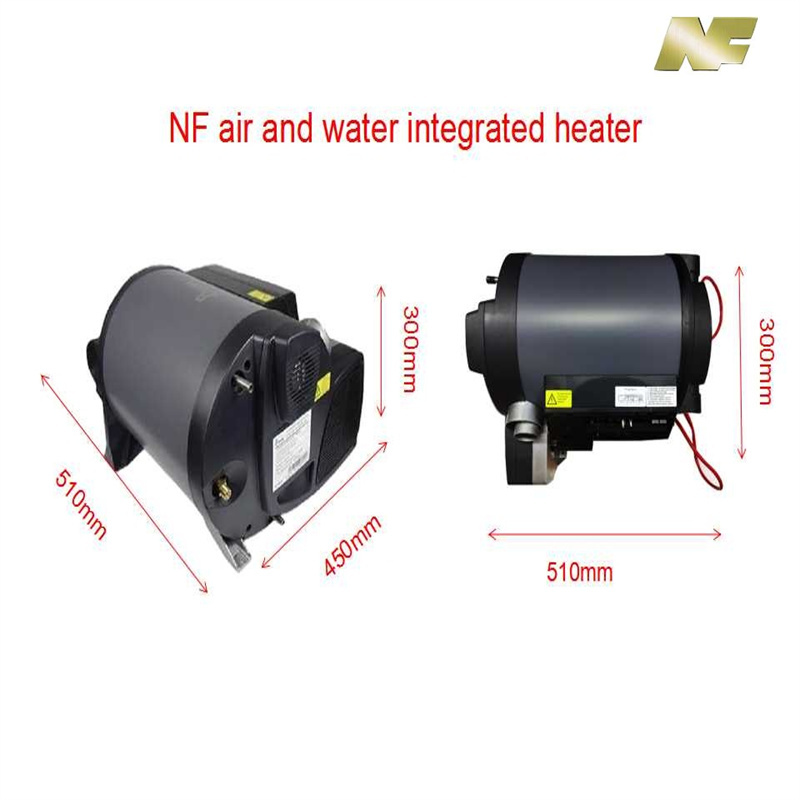
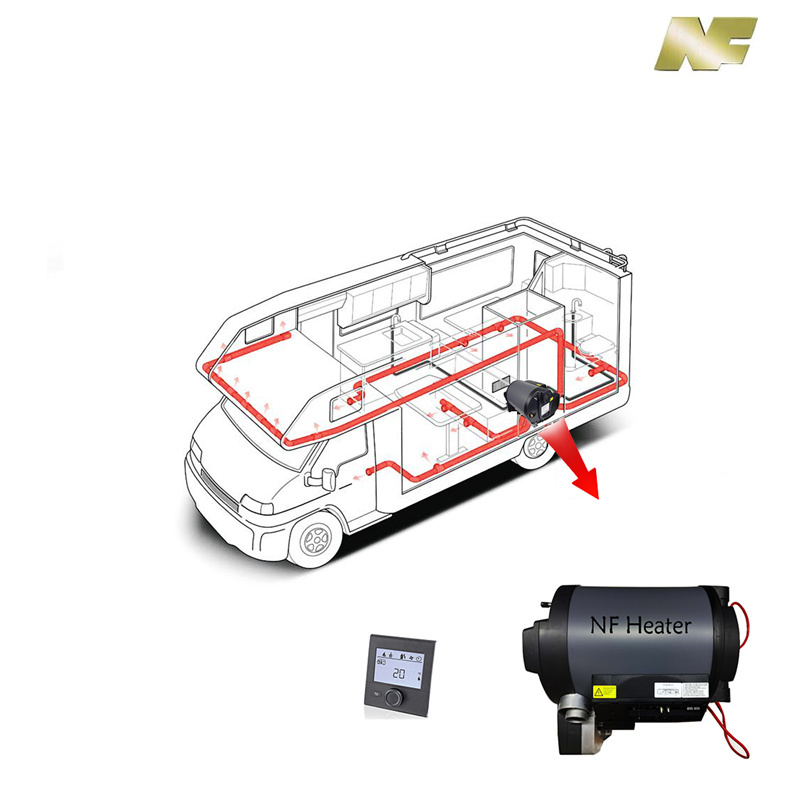
FAQ
1. What is a water heater?
A combined water-air heater is a system that combines the functions of a water heater and an air conditioner into one unit. It uses a heat pump to extract heat from the air and transfer it to the water, which provides both heating and cooling.
2. What is the working principle of the water heating machine?
Combination water and air heaters work by using a heat pump to absorb heat from the outside air. The heat is then transferred through the coil to the water, and the heated water can be used for domestic hot water or heating. In cooling mode, the process is reversed, with the heat pump extracting heat from the water and releasing it into the surrounding air.
3. What are the benefits of using an all-in-one water heater?
There are several advantages to using a combination water and air heater, including energy efficiency, cost savings, and space-saving design. The system can provide both hot water and cooling without the need for separate units. It uses renewable energy in the air and reduces dependence on traditional energy sources.
4. How energy efficient are water air combination heaters?
Water and air combination heaters are known for their high energy efficiency. By using the surrounding air as a heat source, they consume less electricity than traditional water heaters or air conditioners. Heat pump technology enables the system to transfer heat rather than generate it, resulting in significant energy savings.
5. Can water air combination heaters work in cold climates?
Yes, water and air combination heaters can work effectively even in colder climates. The technology used in these systems allows them to extract heat from the air even at low temperatures. However, efficiency may be reduced in extremely cold conditions and a supplemental heat source may be required.
6. What is the difference between a hydrothermal energy water heater and a traditional water heater?
A water-air combination heater differs from a traditional water heater in that it uses a heat pump to extract heat from the air instead of directly heating the water. This makes it more energy efficient and versatile as it also provides cooling when needed.
7. Is the installation of the all-in-one water heater complicated?
Because heat pumps require additional components and wiring, water and air combination heaters can be more complicated to install than traditional water heaters. It is recommended to hire a professional technician familiar with these systems for proper installation and optimum performance.
8. Are water heaters and air source water heaters environmentally friendly?
Combination water and air heaters are considered more environmentally friendly than traditional heating and cooling systems. They harness renewable energy in the air, reducing carbon emissions and reliance on fossil fuels. Additionally, the energy-saving capabilities of these systems contribute to greener, more sustainable heating and cooling methods.
9. Can water and air combination heaters be used in residential and commercial settings?
Yes, water and air combination heaters are available in residential and commercial settings. They are suitable for a variety of applications including homes, offices, hotels and other commercial buildings, providing highly efficient heating and cooling solutions in a single unit.
10. Are water heaters and air source water heaters cost-effective in the long run?
While the initial investment for a water and air combination heater may be higher than for traditional systems, the long-term savings can be substantial. The energy efficiency of these units reduces utility bills, and over time they will be cost-effective. Additionally, the system's versatility eliminates the need for separate heating and cooling units, further reducing maintenance and replacement costs.

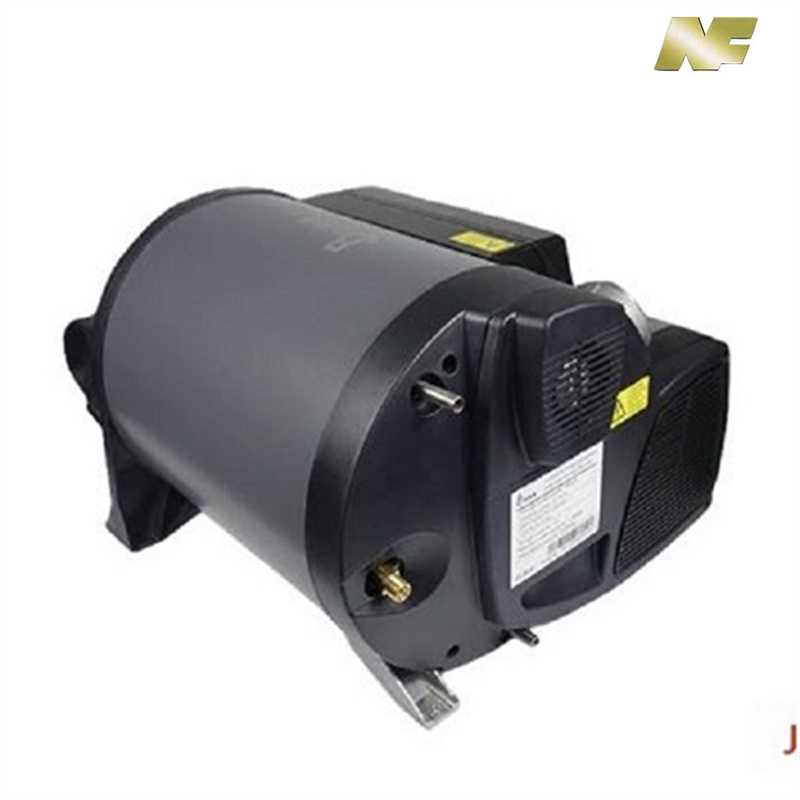
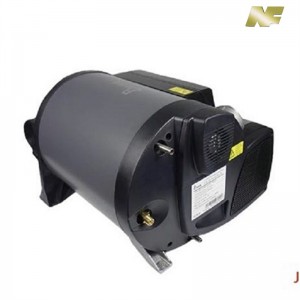
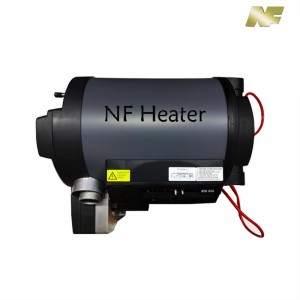
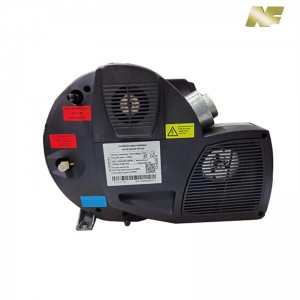

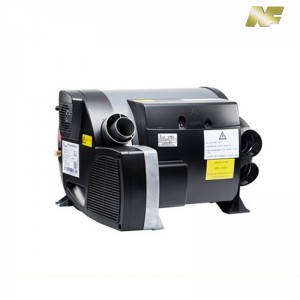
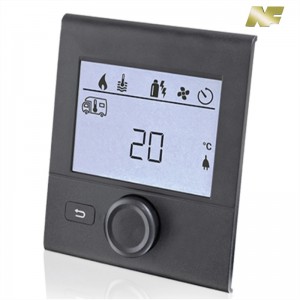
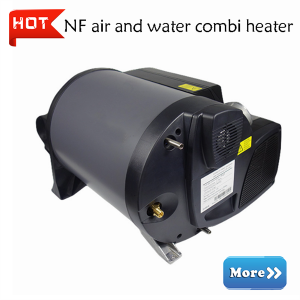
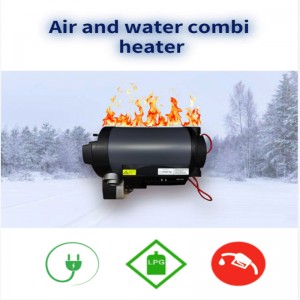
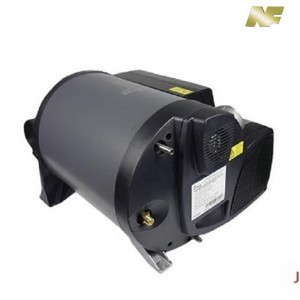
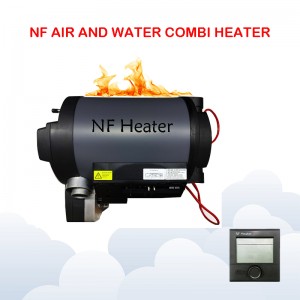

-300x300.jpg)



